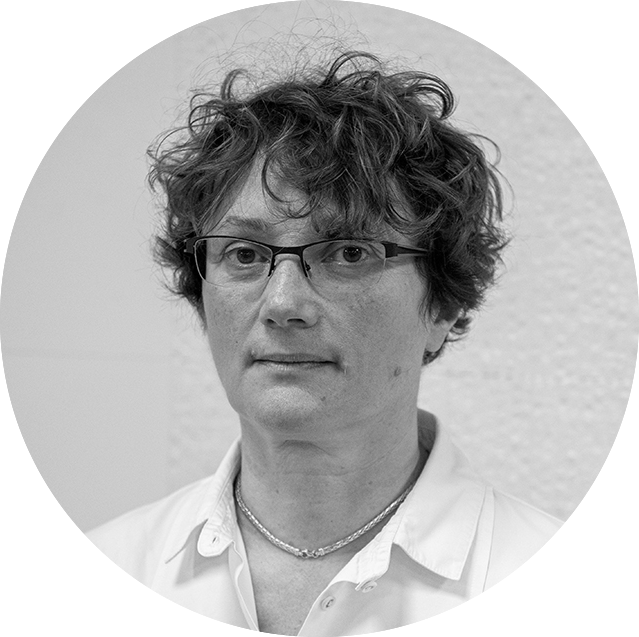Open Science policy uptake and Responsible Research Assessment at INRAE

THE INSIDE STORIES PROVIDE INSIGHT INTO THE GRASPOS PILOT STUDIES, PRESENTING THE AIMS AND CURRENT STATUS OF THEIR ACTIVITIES. LEARN ABOUT WHAT THE PILOTS ARE UP AND HOW THEY AIM TO BRING OPEN SCIENCE AND RESEARCH ASSESSMENT TOGETHER.
In this edition of the Inside stories from the Pilot studies, Odile Hologne, Director of INRAE’s Directorate for Open Science, shared her insights with us about the pilot supporting Open Science and Responsible Research Assessment in the Agricultural and Veterinary Sciences.

Odile Hologne
Hello Odile, can you tell us MORE ABOUT where the pilot is taking place, and what are its main aims and objectives?
INRAE has an Open Science policy which covers openness and FAIRness of research outputs (publications, data and code), as well as participatory research involving citizens and different kinds of stakeholders in projects to support innovation and production of new knowledge. One of the aims is to address societal challenges such as climate change, biodiversity, sustainable agri-food systems. To do so, the institute supports interdisciplinarity through specific research programs.
The institute is also promoting a responsible research assessment for researchers to accompany their career progress, taking into account Open Science practices, interdisciplinarity, and different kinds of activities (leadership and management, training, dissemination…)
The pilot is defined in this context. We have 3 goals:
- Monitor the uptake of our Open Science policy,
- Explore the feasibility of using new indicators on interdisciplinarity, support to policy or to innovation,
- Help researchers create and enrich their openness profile and a narrative CV for assessment portfolio.
what prompted the development of this pilot study in the graspos project?
Our institute is specialised in Agricultural Sciences and already has a long history in Responsible Research Assessment which started in 2010 to better assess “applied research”.
Our Open Science policy, the Open Access repository HAL, our data repository, and the responsible use of indicators for assessment were seen as “positive assets” to work on this pilot.
Which are the aspects of open science that you are exploring in relation to responsible research assessment in the pilot?
For researchers and scientists we are seeking to understand their “open science engagement”, taking into account the diversity of research outputs:
- Publications: preregistration, preprints, articles, books, open reviews, data or softwares papers that are openly accessible.
- FAIR Data and code: contribution to FAIRness, reproducibility and “as open as possible, as closed as necessary”.
What stage is the pilot currently in? Have any specific activities or milestones been achieved?
The Pilot has defined its roadmap and implementation strategy: we are building an OpenAire Gateway to aggregate data coming from different sources (publications, data, codes, grants, patents).
Beyond completeness, one of the key issues is to be able to classify outputs according to different classification (Field of Science, Science Metrix, …) and to build.
Then, we plan to have an OpenAire Monitor to analyse the uptake of our Open Science policy. We should also use Bip!Scholar to test openness profiles.
How do you think that this pilot can be relevant to enable the move towards a research assessment system that takes Open Science into account?
We hope to provide support to our researchers and to explain top them how they are involved in responsible research.
Thank you for sharing this story! anything else you would like to Add about the pilot study before we conclude?
Since we all support the same goals, it is really interesting to share ideas with the GraspOS partners and to reach our goals in the project, supporting a Responsible Research Assessment to support CoARA efforts.
Thank you for your time Odile!



